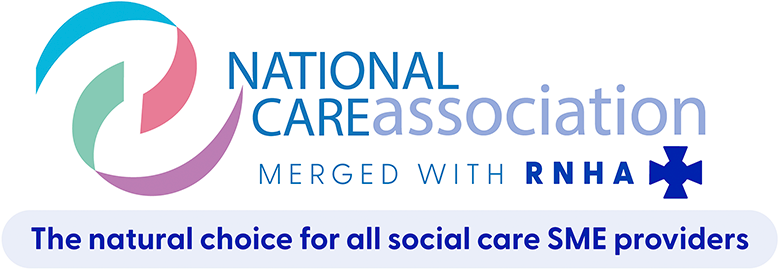
25th Jul 2024
Bettal’s response to Kate Terroni’s message to health and care providers.
Bettal resoundingly applauds Kate Terroni the interim Chief Executive of the CQC for having the courage to publicly and comprehensively apologise for the failings of the CQC

5th Jul 2024
New Prime Minister Announced
National Care Association congratulates the Labour Party on their victory at the general election.

3rd Jul 2024
6 effective ways to engage with the CQC quality statements
With Bettal Quality Consultancy

26th Jun 2024
STAFFING GROWTH AND RETENTION
Bettal Quality Consultancy

21st Jun 2024
National Care Association is delighted that His Majesty the King has conferred the Honour of an OBE to our Executive Co-Chairman Ian Turner
Nadra Ahmed CBE, Executive Co- Chairman of National Care Association said....













